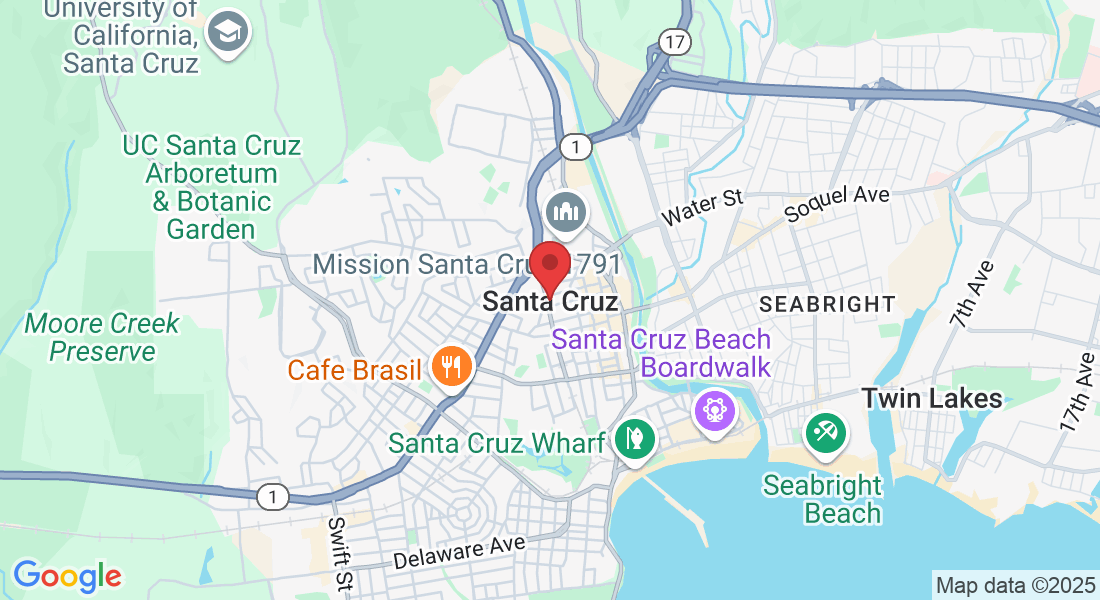Self Symmetry
Bowen Theory: Triangles
Get the help you need. Make an appointment today!
Triangles (Bowen Theory)
A triangle is a three-person relationship system. It is considered the building block or "molecule" of larger emotional systems because a triangle is the smallest stable relationship system. A two-person system is unstable because it tolerates little tension before involving a third person. A triangle can contain much more tension without involving another person because the tension can shift around three relationships. If the tension is too high for one triangle to contain, it spreads to a series of "interlocking" triangles.
Spreading the tension can stabilize a system, but nothing gets resolved. People's actions in a triangle reflect their efforts to ensure their emotional attachments to important others, their reactions to too much intensity in the attachments, and their taking sides in the conflicts of others.
Paradoxically, a triangle is more stable than a dyad, but a triangle creates an "odd man out," which is a very difficult position for individuals to tolerate. Anxiety generated by anticipating or being the odd one out is a potent force in triangles. The patterns in a triangle change with increasing tension. In calm periods, two people are comfortably close "insiders" and the third person is an uncomfortable "outsider." The insiders actively exclude the outsider and the outsider works to get closer to one of them.
Someone is always uncomfortable in a triangle and pushing for change. The insiders solidify their bond by choosing each other in preference to the less desirable outsider. Someone choosing another person over oneself arouses particularly intense feelings of rejection. If mild to moderate tension develops between the insiders, the most uncomfortable one will move closer to the outsider. One of the original insiders now becomes the new outsider and the original outsider is now an insider. The new outsider will make predictable moves to restore closeness with one of the insiders.
At moderate levels of tension, triangles usually have one side in conflict and two sides in harmony. The conflict is not inherent in the relationship in which it exists but reflects the overall functioning of the triangle. At a high level of tension, the outside position becomes the most desirable. If severe conflict erupts between the insiders, one insider opts for the outside position by getting the current outsider fighting with the other insider. If the maneuvering insider is successful, he gains the more comfortable position of watching the other two people fight. When the tension and conflict subside, the outsider will try to regain an inside position.
Triangles contribute significantly to the development of clinical problems. Getting pushed from an inside to an outside position can trigger a depression or perhaps even a physical illness. Two parents intensely focusing on what is wrong with a child can trigger serious rebellion in the child.
Source:

Jillian Chelsey, MA
MFT # 46156
Jillian Chesley, Licensed Marriage and Family Therapist, has spent the past twenty years focused on understanding human behavior in relationships. With a passion for inspiring individuals to claim their own personal excellence, Jillian’s expertise is understanding interpersonal dynamics, and successfully coaching individuals, couples, families and groups into reaching their highest self. Jillian’s background includes a Bachelor of Arts degree in Organizational Communication, a ten year career as a Technical/Corporate Instructor and ten years providing coaching with a Master of Arts degree in Marriage and Family Therapy. In addition to her private practice, Jillian has taught psychology and management classes for University Of Phoenix and is completing her book Mental Health For Consumers.
When working with clients, whether individually, in couple's/family therapy, or in groups, Jillian's primary theoretical focus is Bowen Theory.
Bowen Theory is a comprehensive way of thinking that has proven to be effective, not only with families, but in all realms of individual and relationship problems.
Get In Touch
Email: [email protected]
Address
Office: Private Location In Santa Cruz
Assistance Hours
Mon – Sat 9:00am – 8:00pm
Sunday – CLOSED
Phone Number: (831) 331-0081

